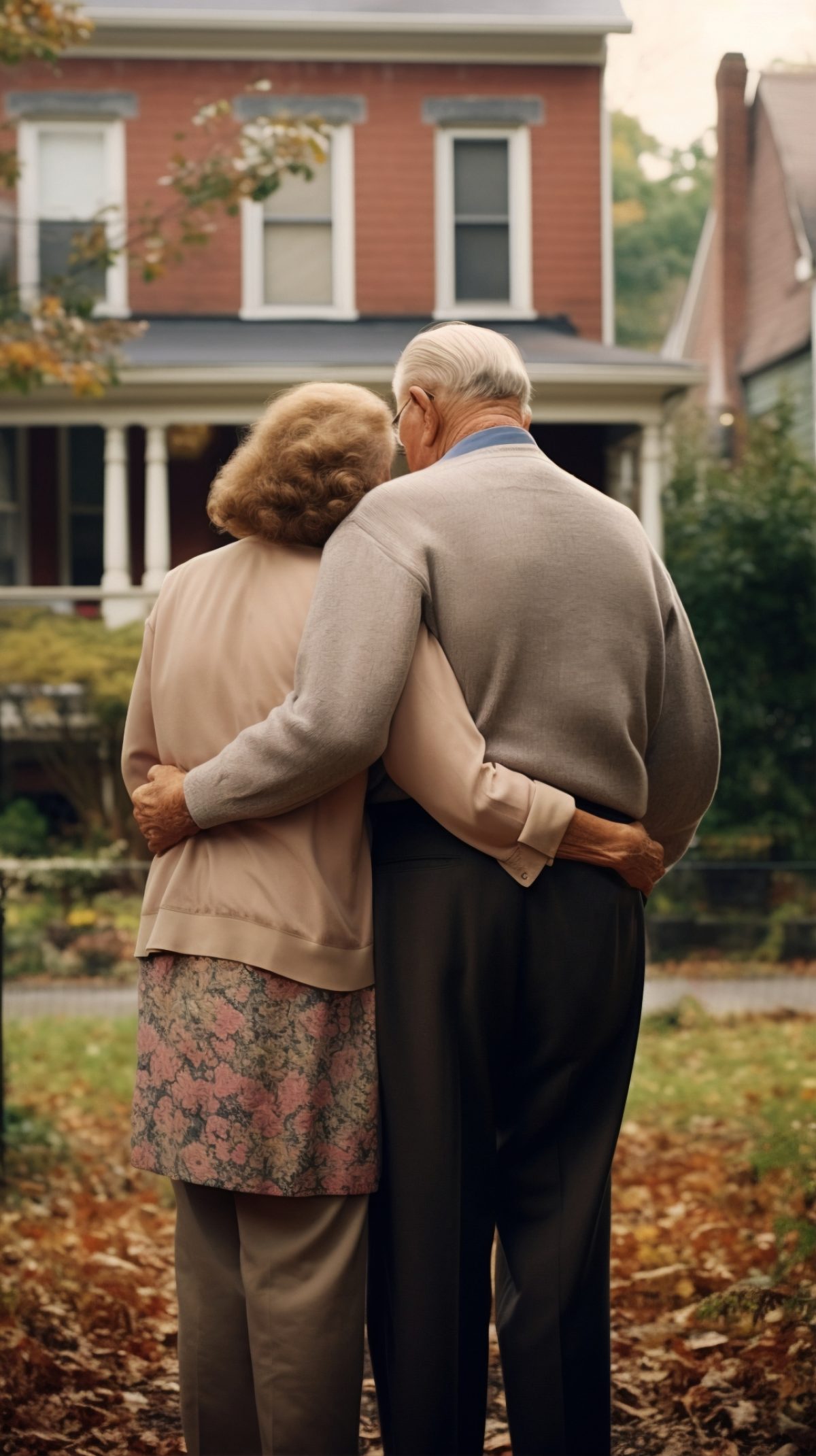Housing questions are probably the most common type of questions we hear in the Resource Center. As we age, our housing needs and preferences naturally change. Finding the best type of senior housing for you or a loved one can make a big difference in quality of life. In addition to being a place to call home, the right housing can offer a supportive community, and services tailored to meet your needs.
There are a range of options to choose from, so let’s walk through the main types of senior housing so you can understand your choices and make an informed decision!
Independent Living Communities
Independent living communities, also known as retirement communities or senior apartments, are designed for older adults who are generally healthy and active but prefer to live in a community with age-appropriate amenities. These communities often offer:
- Private Apartments: Homes or apartments with full kitchens, bathrooms, and living areas that are handicap accessible.
- Social Activities: Group events ranging from happy hour to arts and crafts to volunteering to everything in between.
- Health and Wellness: A variety of optional on-site health and wellness programs such as exercise classes, regular blood pressure checks, wellness seminars, foot care and hearing aid checkups.
- Maintenance-Free Living: Services like housekeeping, lawn care and 24-hr emergency maintenance service.
- Dining Options: Options for community dining rooms with meal plans. Residents also have the option to cook in their own kitchens.
Assisted Living Facilities
Assisted living facilities offer a comfortable home setting to older adults who need help with daily activities, but do not require full-time medical care. Services are personalized to individual needs. Features often include:
- Personal Care Assistance: Support with activities of daily living such as assisting with bathing, dressing, grooming and getting to and from meals, activities and events.
- Medication Assistance: Trained medication technicians are scheduled around the clock to provide medication assistance, which may include opening pill bottles, reminders and/or dispensing medication.
- Meals and Housekeeping: Typically, three meals a day along with snacks in between. Housekeeping services take care of your household chores like vacuuming, dusting, making the bed and laundry services.
- Social and Recreational Activities: Organized social events and recreational activities such as walking groups, senior aerobics, lunch outings and happy hour.
- Emergency Support: Medication technicians and aide assistants are available around the clock to respond to emergencies and provide assistance as needed.
Skilled Nursing Facilities
Nursing homes, or skilled nursing facilities, are designed for individuals who need comprehensive medical care and assistance with daily living. Individuals receive round-the-clock, personalized medical attention. These facilities include:
- Medical Care: 24/7 medical care from highly skilled staff, including RN’s, LPN’s, certified nurse’s aides, social workers and recreational therapists.
- Rehabilitation Services: Physical, occupational and speech therapy.
- Personal Assistance: Support with daily activities, including bathing, dressing and eating.
- Chronic Illness Management: Nursing homes are equipped to handle residents with chronic illnesses or severe medical conditions.
Memory Care Units
Memory care units are specialized facilities designed for individuals with Alzheimer’s disease or other types of dementia. They are characterized by:
- Secure Environment: Secure, locked environments to ensure the safety of residents who may wander.
- Specialized Staff: Caregivers are trained specifically in handling dementia-related issues and behaviors. Typically, the staff ratio is higher for more one-on-one care.
- Structured Routine: Activities and routines are designed to reduce confusion and enhance quality of life. Most of these units employ a trained activities coordinator.
Continuum of Care Communities
Communities which offer a continuum of care, allowing residents to transition between different levels of care as their needs change. They typically include:
- Multiple Levels of Care: These communities provide independent living, assisted living and skilled nursing care within their communities.
- Contract Options: Various contract types, including rental agreements and buy-in options, that cover the cost of care.
- Comprehensive Services: Access to a full range of services and amenities, with the ability to move to a higher level of care without leaving the community (some may require the need to move to a different building).
Adult Foster Homes (AFC)
Adult foster homes are small, residential homes that provide personalized care for a few residents. Characteristics include:
- Home-Like Environment: A more intimate, family-like setting compared to larger facilities.
- Personalized Care: Care is tailored to individual needs, often with a higher staff-to-resident ratio.
- Private or Semi-Private Rooms: Residents usually have private or semi-private rooms in a residential home setting.
- Daily Living Support: Assistance with daily activities and meals is provided, often with a focus on maintaining a homey atmosphere and independence.

